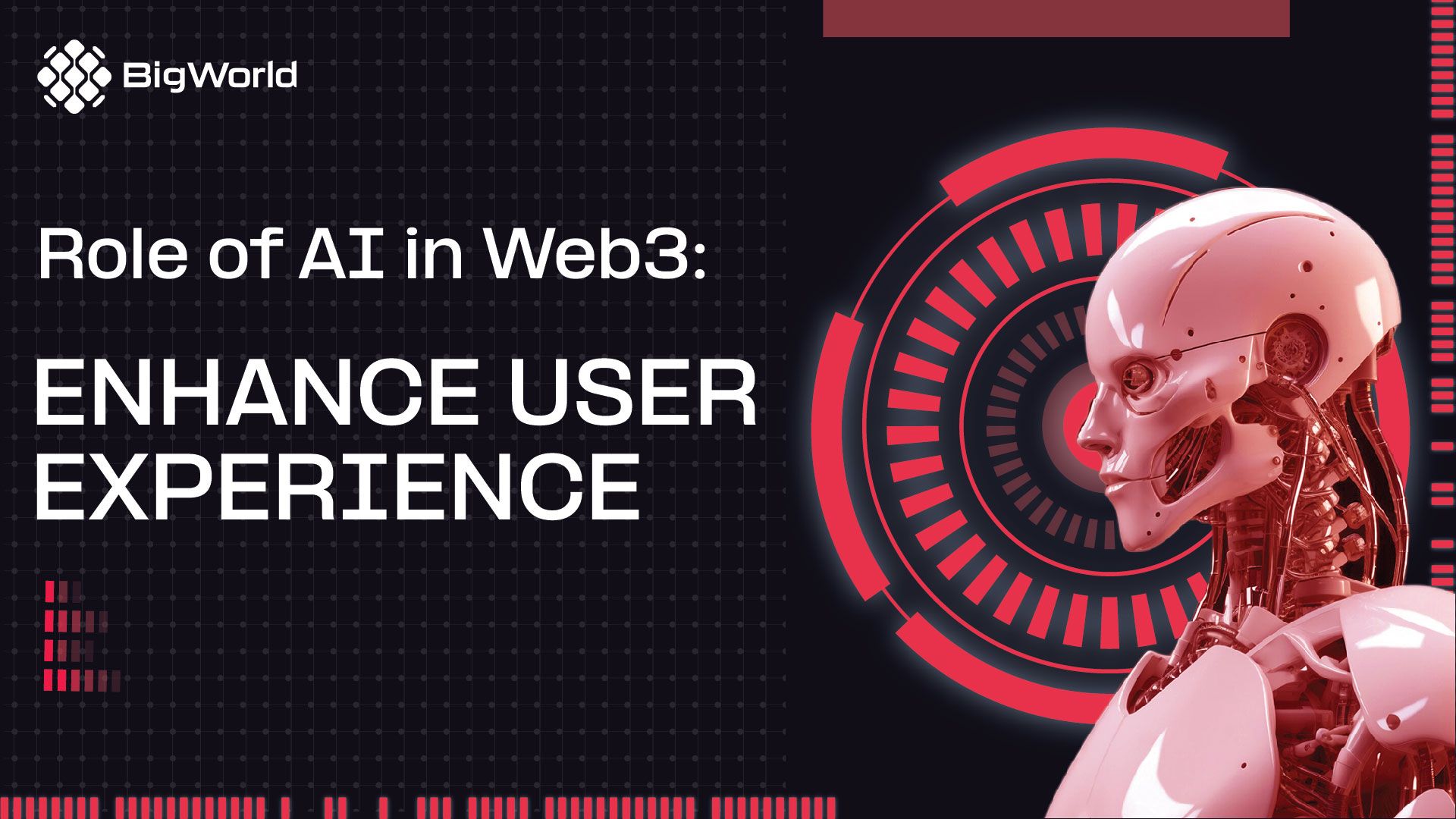The Role of AI in Web3 User Experience: Personalization and Intelligent Recommendations

As Web3 technology redefines the internet into a more decentralized, user-controlled environment, artificial intelligence (AI) has taken on a transformative role in enhancing user experiences. In Web2, AI has already demonstrated its potential by powering personalized recommendations, targeted advertisements, and predictive algorithms, all of which shape interactions online. In the Web3 landscape, however, the interplay between AI and blockchain technologies has led to even more innovative applications, specifically in personalizing user experiences and delivering intelligent recommendations on decentralized platforms. This blog explores how AI is revolutionizing Web3 by making interactions more intuitive, secure, and customized for individual users.
1. Personalization in Web3: User-Centric Experiences
One of the core promises of Web3 is user sovereignty—allowing individuals to retain ownership and control over their data rather than entrusting it to centralized entities. With this shift, personalization needs to be approached differently. In Web2, companies like Netflix or Spotify personalize recommendations by gathering and processing extensive user data. However, in Web3, where users are more protective of their privacy and control over their data, AI algorithms must work within decentralized, privacy-preserving environments. By analyzing on-chain and off-chain activity, AI can still customize experiences without compromising the autonomy and privacy of Web3 users.
For example, decentralized apps (dApps) on Web3 platforms leverage AI to interpret user actions and preferences in a way that respects privacy. Instead of collecting user data on centralized servers, many Web3 platforms use smart contracts and decentralized storage solutions like IPFS (Interplanetary File System) to process information locally. By using federated learning, AI models can learn from decentralized data sources, offering tailored experiences while ensuring user data remains private. This approach, along with the use of secure multiparty computation, enables AI-driven personalization on Web3 without compromising user privacy.
2. Intelligent Recommendations in Decentralized Applications (dApps)
Beyond personalized experiences, AI in Web3 also facilitates intelligent recommendations. In traditional e-commerce and social media, recommendation engines suggest products, content, or profiles based on data mined from user behavior. Web3’s decentralized nature brings a new challenge to creating recommendations because of the limited access to user data. However, AI has begun to bridge this gap by analyzing blockchain data, such as transaction history and on-chain behavior, to produce meaningful insights.
Decentralized finance (DeFi) platforms, for example, use AI to help users navigate complex financial services by recommending strategies, assets, and investment opportunities. These AI-driven tools analyze transaction patterns and market trends, presenting users with suggestions based on both historical data and predictive analytics. Similarly, NFT marketplaces use AI to recommend digital assets based on users' previous interactions or the popularity of certain creators, which can make it easier for users to discover relevant NFTs.
By employing machine learning models, these platforms create dynamic profiles of user preferences that are continuously updated as users interact with the Web3 ecosystem. This allows dApps to provide real-time, tailored recommendations that enhance engagement and satisfaction. The decentralized structure of Web3 presents additional challenges, but through techniques like differential privacy, AI can offer insights while ensuring data security and ownership remain intact.
3. Use Cases of AI in Web3: From NFTs to DAO Governance

The potential for AI in Web3 personalization extends to various areas, such as NFTs, decentralized autonomous organizations (DAOs), and social media platforms. In the NFT space, AI enables platforms to offer more refined recommendations based on each user’s previous purchases, bid patterns, and viewing preferences. This functionality helps users navigate the vast, evolving NFT landscape by pinpointing collections or artists that align with their interests.
In DAOs, AI-powered recommendation engines help streamline governance by analyzing member activity, preferences, and voting behavior. This allows DAOs to recommend proposals or updates that are likely to resonate with specific members, making governance more efficient and representative. For social media dApps, AI can help create more engaging and meaningful connections by recommending relevant content or communities based on decentralized social graphs.
AI also assists users in managing assets on decentralized identity platforms by recommending resources or contacts tailored to their identity profiles. This creates a more cohesive digital experience, as users can engage with tailored resources across DeFi platforms, NFT marketplaces, and social DAOs. This multi-layered AI integration has the power to deliver a truly personalized, seamless experience within the Web3 ecosystem, driven by user needs and preferences.
4. Bigworld’s Commitment to AI and Web3 Innovation
At Bigworld, we are committed to leveraging AI technology to enrich user experience within the Web3 landscape. By applying advanced AI techniques, Bigworld aims to deliver personalized, intelligent recommendations that enhance interactions with decentralized platforms while respecting user privacy. Our goal is to create an ecosystem where users can engage with relevant content and resources seamlessly, making Web3 more accessible and user-friendly. Through our dedication to innovation, we are excited to contribute to a future where AI and Web3 work hand in hand to provide a tailored, secure digital experience for all.
Follow for the latest updates on BigWorld at: BigWorld Announcement

.jpg&w=2048&q=75)
.jpg&w=2048&q=75)